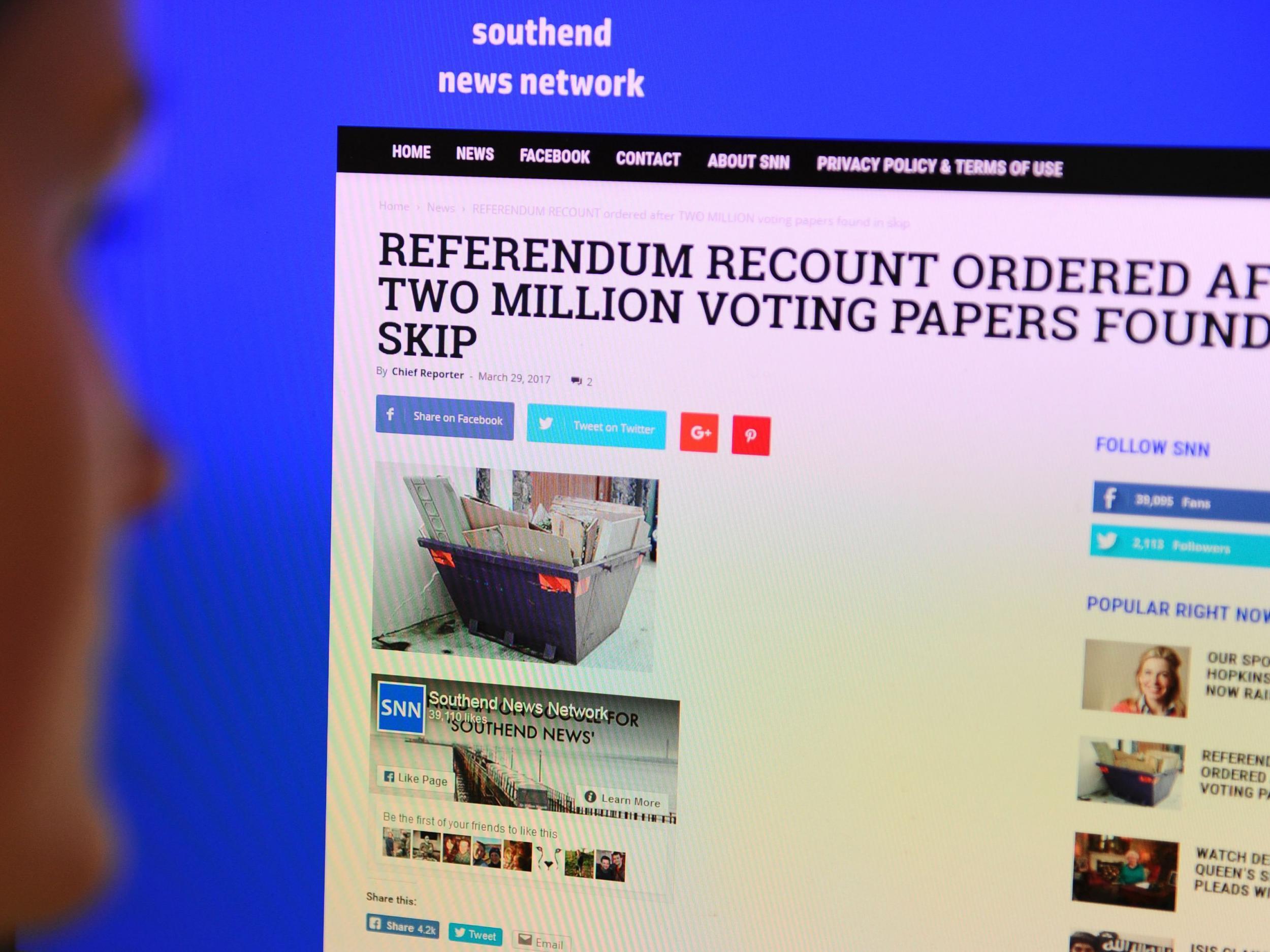There’s a difference between holding the media to account and treating it with contempt
Now, thanks to more rigorous accountability mechanisms and improved public access to information, the media is answerable for its own sins of both commission and omission


It is sometimes tempting to feel that journalism is under the cosh as never before.
Donald Trump’s favoured cry of “fake news” has encouraged a million imitators to undermine the authority of traditional news publishers. Meanwhile, changing economic models and competition from social media have created financial challenges for mainstream media companies.
In the UK, many parliamentarians seem committed to making life ever harder for journalists by constructing legislative hurdles and promoting what many argue is effectively state-approved regulation.
Of course, it is all too easy to take a rose-tinted view; the truth is journalism has regularly had a bad press over the years. It was in the 1920s that Humbert Wolfe wrote his famous poem about UK news hounds:
You cannot hope to bribe or twist
(thank God!) the British journalist.
But, seeing what the man will do
unbribed, there’s no occasion to.
Going back still further and you can find the press regularly satirised by the biting wit of Anthony Trollope among others. (“It is a fact amazing to ordinary mortals that The Jupiter is never wrong...” he noted in The Warden.)
At the root of much anti-press sentiment have been two connected ideas. The first is that the media – and especially popular newspapers – have had a disproportionate influence over political affairs, persuading electorates to vote for this party or that; and convincing ministers to ditch unpopular policies or take up others more to the liking of rich press barons.
The second is the notion that the media doesn’t give a realistic version of events as they are experienced by most ordinary people – either because journalists are working to push a particular agenda or simply because their preoccupations are not shared by large swathes of the public.
Both of those themes have a grain of truth (or have had in the past); but they are hugely simplistic too.
Last week I was pleased to be involved in a ceremony recognising winners of the British Citizen Award, a terrific initiative which seeks to shine a light on the many people in the UK who quietly go about remarkable work for the benefit of others. Many of the stories told at the event were genuinely inspirational.
Indeed, so inspirational that a great deal of those receiving awards had been the subject of positive press articles – especially in local papers – about their achievements. Yet despite that fact, at least three people asked me why it was that the media doesn’t do more to focus on the positive things going on in the country, preferring instead to concentrate on the negatives: crime, political wrangling, tragedy, scandal and so on.
In other words, why does the media not reflect many people’s lived reality?
In broad terms, I sympathise with the question. It seems to me there is an appetite to be inspired by good news nearly as much as there is to be horrified by the bad (and not just at the local level).
However, for the most part things become newsworthy precisely because they are unusual or cut against expected norms. To that end, we should feel thankful that individuals’ charitable endeavours or longstanding commitment to important causes don’t generally hit the headlines. By contrast, criminal enterprises are in the news because – thank goodness – we regard them as unexpected, or at least unacceptable.
What’s more, if journalists are criticised for not giving enough attention to “good” news, so they often find themselves pummelled for dwelling too much on “lighter” items. True, those two concepts aren’t quite synonymous – but there is often a degree of crossover. The media must, it sometimes seems, be all things to all people.
Of course, that journalists must increasingly seek to live up to high expectations from all quarters is really something to be welcomed. If we accept Trollope’s characterisation, the press was able for too long to assert without challenge the inadequacies of others; now, thanks to more rigorous accountability mechanisms and improved public access to information, it is answerable for its own sins of both commission and omission.
There is a difference, though, between accountability and pillory – and it is a line that has plainly been crossed in the approach of President Trump towards journalists in the US. After all, his assault on “fake news” taps into a widely understood (if not always shared) perception but itself bears no regard for objective truth or reality.
This, in the end, is why critics of the media should exercise the same caution they demand of journalists in their assessments. Because ultimately, calls to bring the press to heel will be answered by men like Donald Trump, who would very obviously prefer to exercise power unchecked by the attentions of pesky hacks.
Join our commenting forum
Join thought-provoking conversations, follow other Independent readers and see their replies
Comments
Bookmark popover
Removed from bookmarks